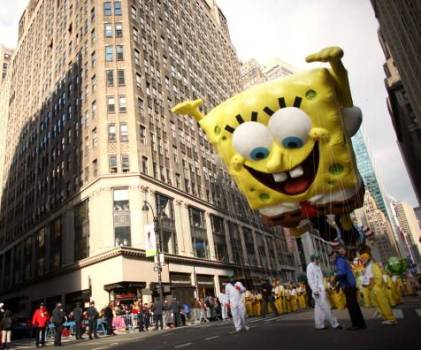Understanding The Implications Of Political Islam
The Article: Those who support democracy must welcome the rise of political Islam by Wadah Khanfar in the Guardian.
The Text: From Tunisia to Egypt, Islamists are gaining the popular vote. Far from threatening stability, this makes it a real possibility.
Ennahda, the Islamic party in Tunisia, won 41% of the seats of the Tunisian constitutional assembly last month, causing consternation in the west. But Ennahda will not be an exception on the Arab scene. Last Friday the Islamic Justice and Development Party took the biggest share of the vote in Morocco and will lead the new coalition government for the first time in history. And tomorrow Egypt’s elections begin, with the Muslim Brotherhood predicted to become the largest party. There may be more to come. Should free and fair elections be held in Yemen, once the regime of Ali Abdullah Saleh falls, the Yemeni Congregation for Reform, also Islamic, will win by a significant majority. This pattern will repeat itself whenever the democratic process takes its course.
In the west, this phenomenon has led to a debate about the “problem” of the rise of political Islam. In the Arab world, too, there has been mounting tension between Islamists and secularists, who feel anxious about Islamic groups. Many voices warn that the Arab spring will lead to an Islamic winter, and that the Islamists, though claiming to support democracy, will soon turn against it. In the west, stereotypical images that took root in the aftermath of 9/11 have come to the fore again. In the Arab world, a secular anti-democracy camp has emerged in both Tunisia and Egypt whose pretext for opposing democratisation is that the Islamists are likely to be the victors.
But the uproar that has accompanied the Islamists’ gains is unhelpful; a calm and well-informed debate about the rise of political Islam is long overdue.
First, we must define our terms. “Islamist” is used in the Muslim world to describe Muslims who participate in the public sphere, using Islam as a basis. It is understood that this participation is not at odds with democracy. In the west, however, the term routinely describes those who use violence as a means and an end – thus Jihadist Salafism, exemplified by al-Qaida, is called “Islamist” in the west, despite the fact that it rejects democratic political participation (Ayman al-Zawahiri, the leader of al-Qaida, criticised Hamas when it decided to take part in the elections for the Palestinian legislative council, and has repeatedly criticised the Muslim Brotherhood for opposing the use of violence).













